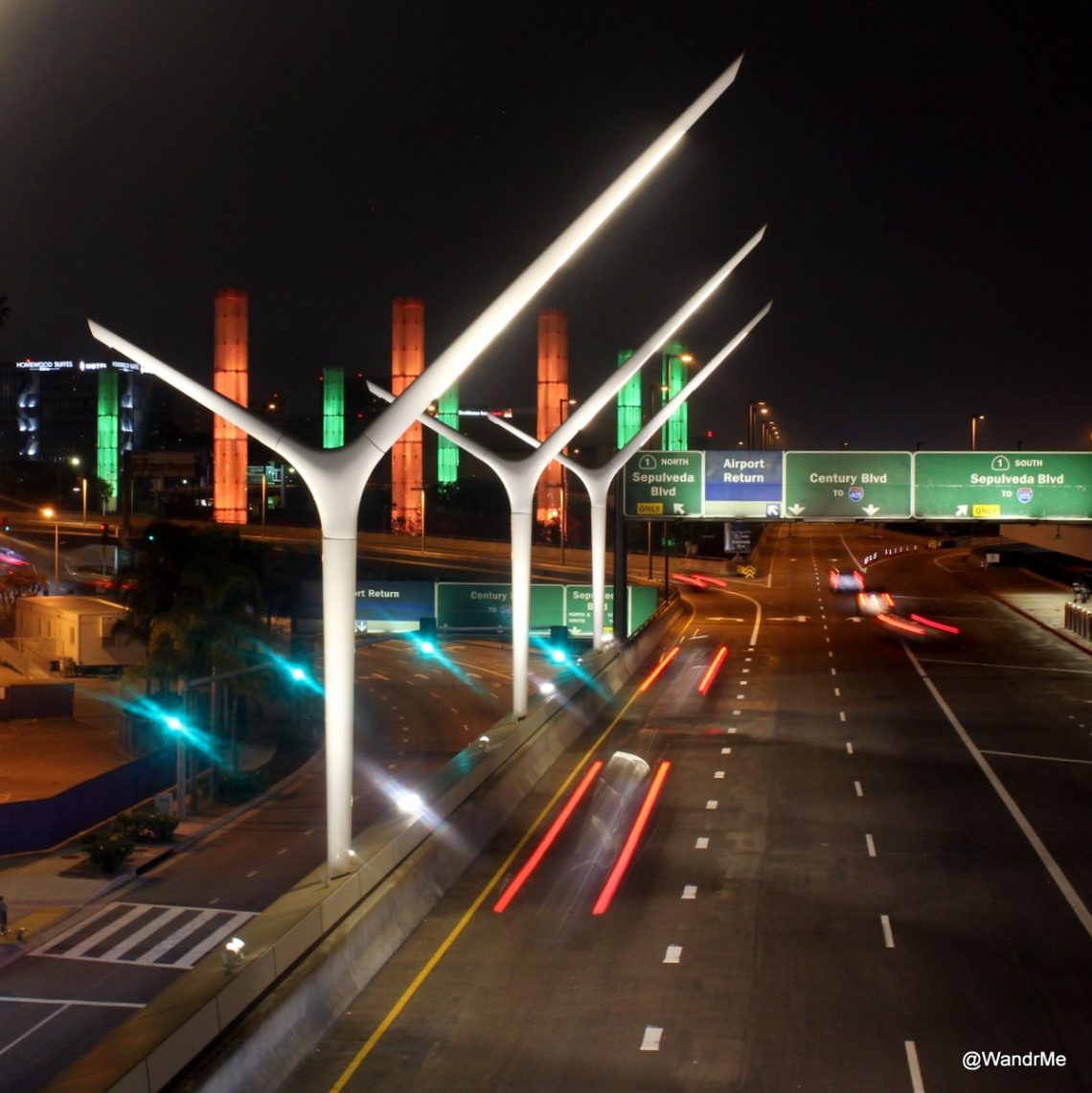Access to Tokyo’s Haneda Airport is a big deal for airlines. The US military just helped everyone out with some changes to the way that airspace is managed (and surprised the heck out of Seth along the way). Slots for US airlines remain a sensitive topic for further negotiation.
Podcast: Play in new window | Download
Subscribe: Apple Podcasts | Spotify | Android | RSS
Also in this episode:
- Is the Emirates A380 order dead again? Or can the carrier come up with an engine deal to save it?
- Speaking of engines, ANA suffered a double engine out, but at least the plane was on the ground.
- Rolls Royce is moving some of its engine design and engineering out of the UK to avoid Brexit issues.
- Routehappy made a nice play in the codeshare space, clearing things up a little.
- Qatar Airways wants some A321LRs and we’re not really sure why.
- Southwest is progressing on its plans for Hawaii service, operating its first flight to the islands (for certification purposes, not with passengers) this week.
- JetBlue appears to have a better plan for getting into London than buying slots at Heathrow or Gatwick. And it just might work.
Enjoy the show!
Like what you hear? Support the Show and get early access to episodes.



If DL is granted ATL-HND, they cannot simply drop ATL-NRT. The Japanese government forbids carries from dropping service to Narita in favor of Haneda. This is why Delta is so frustrated with the situation they are in.
It is a “strong suggestion” more than a requirement and I have no doubt that Delta is going to ignore it and move its operations fully when the additional slots are granted.
I work for the US government, and code shares are a necessity for two make reasons:
1. The Fly America Act (49 U.S.C. 40118) requires Fed travels to fly an American airline, so being able to book the US carrier code for a flight is a necessity.
2. To try and earn status as best we can (contract fares are killers fr EQD) the redemption on a code share vs the operating airline redemption are huge because of our lower fare classes.
The Fly America Act was also designed to support US carriers. Codeshare on to foreign carriers often result in avoiding that, while pushing large portions of the revenue to those same foreign carriers.
The rules around loyalty earning on codeshare flights are easily adjustable and at the whim of the carriers; not a compelling endorsement of the concept IMO.